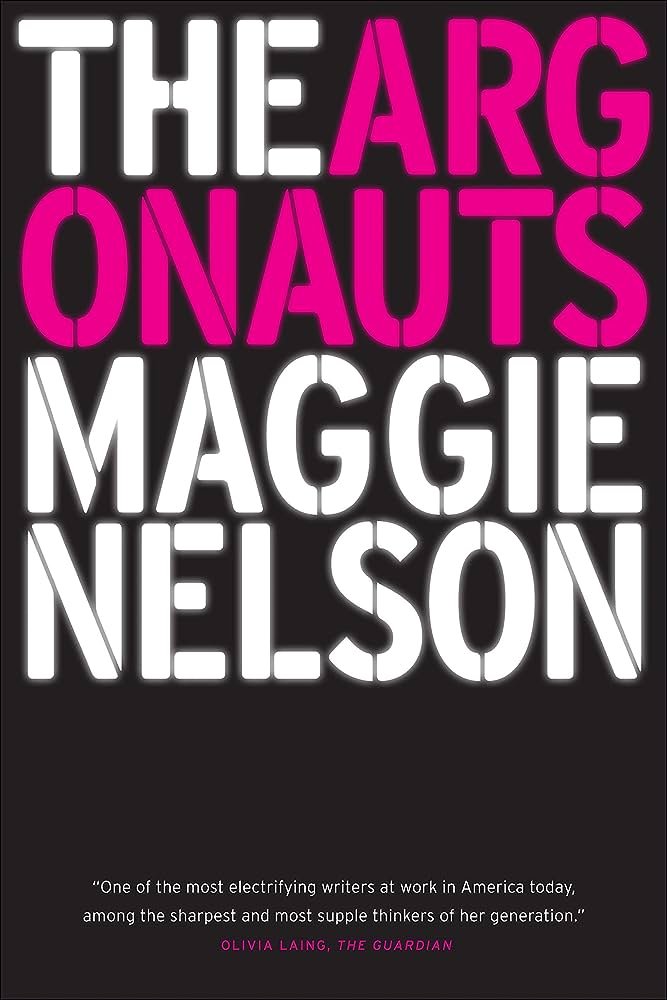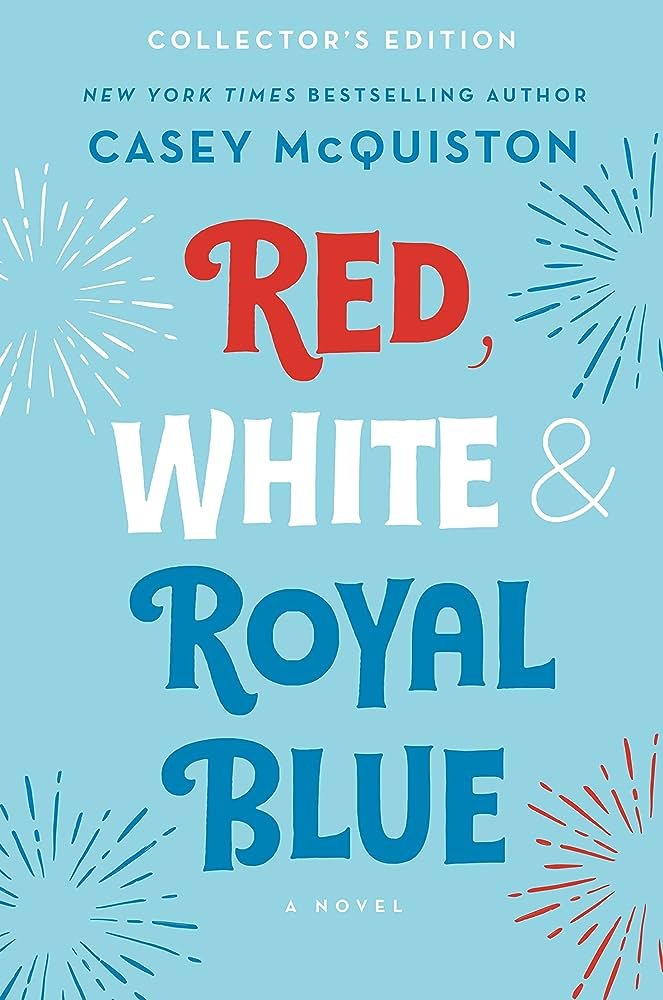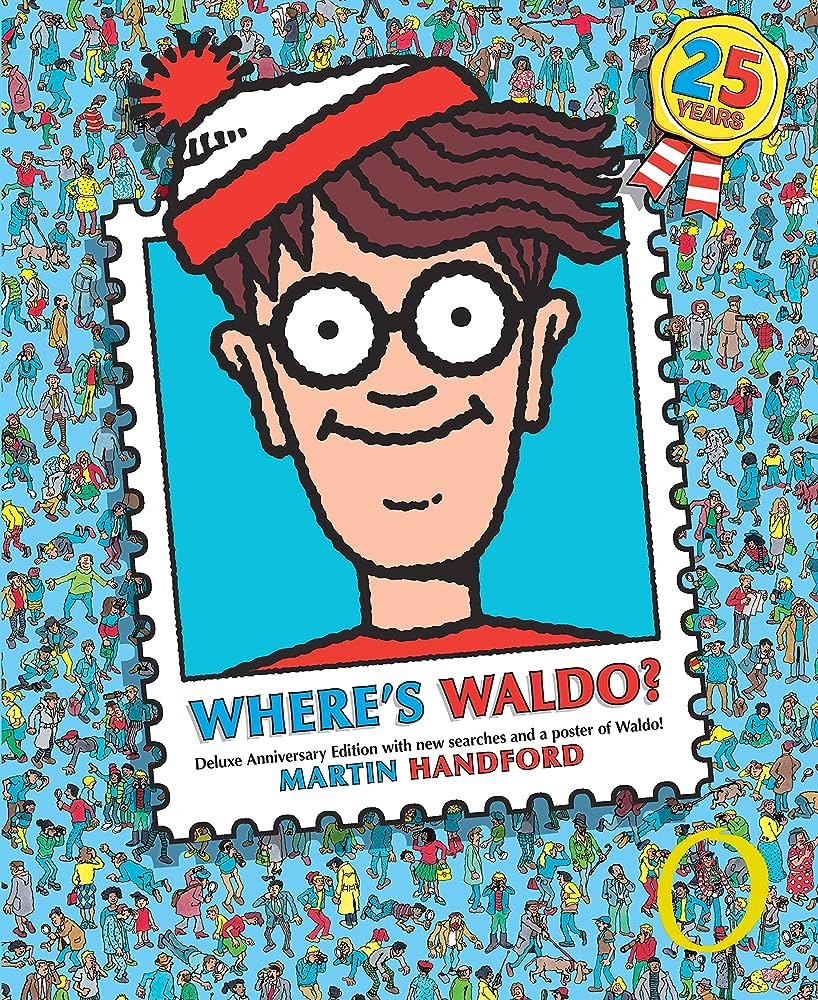Banned Books Week takes place from October 1-October 7, with October 7th being ‘Let Freedom Read Day’. You can read more about Banned Books Week and Let Freedom Read Day on the official website maintained by the American Library Association (ALA) here. “ALA documented 1,269 demands to censor library books and resources in 2022, the highest number of attempted book bans since ALA began compiling data about censorship in libraries more than 20 years ago.” A few librarians at the Harris County Library have put together a list of some banned and challenged books we recommend. If these titles sound interesting to you, please consider checking them out from your local library as this lets your librarians know that the community is interested in these titles! If you would like to know how you can help defend books from censorship, you can find a list of actions you can take on the Banned Books Week website here. If you are reading this post once Banned Books Week is over, you haven’t missed your opportunity. These actions can be done whenever you have the time!
Julián is a Mermaid by Jessica Love
Julián is a Mermaid by Jessica Love is a children’s picture book that “tells the story of a boy who wants to become a mermaid and participate in the Coney Island Mermaid Parade.” This book caused controversy after it was included in second-grade curriculum. Parents were concerned this wasn’t appropriate for second-grade students as they argued it discussed ‘gender identity’. The Superintendent of this district reviewed the book and decided it would stay in the curriculum because in his opinion, it is truly about ‘the value of acceptance, and is a story of unconditional love.’
Gender Queer: A Memoir by Maia Kobabe
Gender Queer is a graphic memoir that “recounts Kobabe's journey from adolescence to adulthood and the author's exploration of gender identity and sexuality, ultimately identifying as being outside of the gender binary.” According to ALA reports, this book has received the most challenges (151) in 2023 and it is challenged for its LGBTQIA+ content and it’s claimed by challengers to be sexually explicit.
Are You There God? It’s me, Margaret by Judy Blume
Are You There God? It’s me, Margaret is a middle-grade novel about Margaret Simon who is a sixth-grader who grows up without a religious affiliation because of her parents' interfaith marriage. It discusses and confronts early-adolescent anxieties, such as “menstruation, brassieres and boys.” “Its frank talk of menstruation and its presentation of Christian characters in a negative light made Blume’s work among the most challenged books in recent decades.”
Johnny Got His Gun by Dalton Trumbo
Johnny Got His Gun is an anti-war novel about Joe Bonham, “a young American soldier serving in World War I, awakens in a hospital bed after being caught in the blast of an exploding artillery shell. He gradually realizes that he has lost his arms, legs, and all of his face (including his eyes, ears, nose, teeth, and tongue), but that his mind functions perfectly, leaving him a prisoner in his own body.” It has been challenged for being “profane, graphic, un-patriotic, and un-American.”
The Argonauts by Maggie Nelson
The Argonauts discusses Nelson’s “romantic relationship with the transgender artist Harry Dodge leading to her pregnancy as well as topics ranging from the death of a parent, transgender embodiment, academia, familial relationships, and the limitations of language.” While the author of this post could not find exactly why it has been banned, I think the description of the work speaks for itself with its sexual content and focus on gender identity.
Heather Has Two Mommies by Lesléa Newman
Heather Has Two Mommies is a children's book “about a child named Heather who is raised by lesbian women: her biological mother, Jane, who gave birth to her after artificial insemination, and her biological mother's same-sex partner, Kate.” It was first published in 1989 and is “one of the first pieces of LGBTQ+ children's literature to garner broad attention.” This book was challenged due to LGBTQIA+ content.
To Kill a Mockingbird by Harper Lee
It should come as no surprise that To Kill a Mockingbird is a favorite amongst your Harris County Law librarians. However, it may be surprising to hear that this modern classic has been banned and challenged throughout the years. This coming-of-age story “chronicles the childhood of Scout and Jem Finch as their father Atticus defends a Black man falsely accused of rape.” This book has been banned and challenged across the country. The reasons most often being because of its “language and racial depictions.”
Red, White & Royal Blue by Casey McQuiston
Red, White & Royal Blue is an LGBT romance novel that “centres on the character of Alex Claremont-Diaz, a first son of the United States, and his romantic relationship with Prince Henry, a British prince.” This book has been challenged and banned due to individuals feeling it is “sexually explicit” and due to its LGBTQ+ characters.
The Witch Boy by Molly Ostertag
The Witch Boy is a coming-of-age graphic novel about “a young boy, Aster, who is intent on becoming a witch in a community where boys are expected to become shapeshifters and anyone who crosses those lines is exiled.” This book was challenged because of its LGBTQIA+ subject matter.
Where’s Waldo? by Martin Handford
Yes, you read the heading correctly. Where’s Waldo? was on the American Library Association’s list of the 100 most frequently challenged books from 1990-1999. Where’s Waldo? (or Wally, if you are in the UK) is a series of children’s puzzle books that “consist of a series of detailed double-page spread illustrations depicting dozens or more people doing a variety of amusing things at a given location.” Apparently, it was challenged so often because there was a topless female sunbather depicted in the beach scene on page 4 of the original book.
The Harry Potter series by J.K. Rowling
Harry Potter is a series of novels that “chronicle the lives of a young wizard, Harry Potter, and his friends Hermione Granger and Ron Weasley, all of whom are students at Hogwarts School of Witchcraft and Wizardry.” This series has been included in lists of the most challenged books from 1990-1999 and 2000-2009 though they still continue to be challenged today. “Reasons for challenging the book included: glorifying witchcraft, promoting the occult, tones of death, hate, lack of respect and sheer evil, leading children to hatred and rebellion, confusing children, and leading them astray. Some were also concerned about the increasing dark tone in the later books but overall, most of the challengers’ reasons based on religious beliefs.”
Of course, these are only a few of the many books that have been banned or challenged throughout the years. We hope you pick up at least one of these titles based off of our recommendations. If you would like to read more about banned books, I have also compiled a list of resources you may find useful below.
Top 13 Most Challenged Books of 2022 - ALA
Every Book Banned in America - Harpers Bazaar
Banned Books Week 2023 - Pen America
Banned Books Week 2023: Now More Than Ever - Harris County Public Library
Banned Books - Houston Public Library











